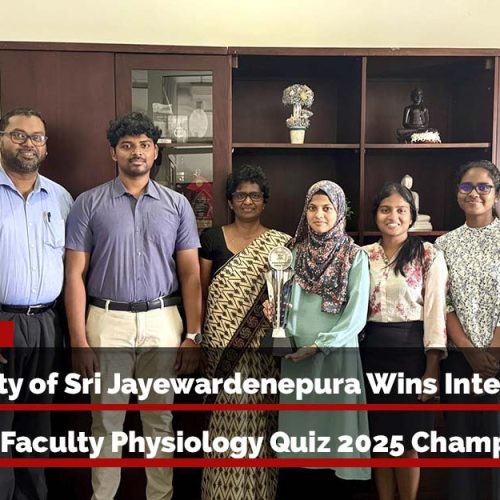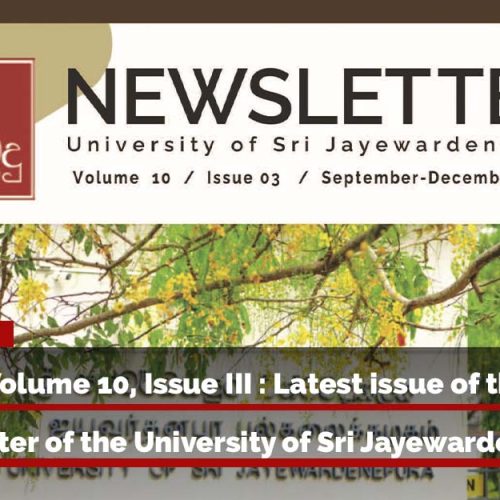Antibiotics are used mainly for treatment of infections caused by bacteria. They act either by stopping the multiplication of bacteria or killing bacteria. Hence, an adequate dose of antibiotics should be given at appropriate intervals to achieve this purpose.
It is important to use antibiotics only if they are necessary. They should not be used for treatment of viral infections such as common cold or viral diarrhoea. These are self-limiting and will not benefit by the use of antibiotics. Selection of antibiotics is based on how effective the drug is on a particular bacterium. Thus, they should only be used when prescribed by a doctor. Inappropriate use of antibiotics leads to the problem of antimicrobial resistance (AMR). As a result some antibiotics may become ineffective when used for certain bacterial infections. AMR is a global problem.

To reduce resistance the following are recommended.
- Use antibiotics only if indicated; avoid self-medication
- Use the correct dose for the appropriate duration. Follow the doctor’s advice about the correct dosage regimen
- Do not stop antibiotics early when you feel better; take the full course recommended
- Do not keep any remaining antibiotics at home and such antibiotics should not be given to any other person
- Look at the expiry date when purchasing
- Do not use antibiotics for prevention of bacterial infection except in specific instances to be decided by your doctor
Reactions of Antibiotics
Antibiotics such as penicillins are known to cause allergic or hypersensitivity reactions. These reactions could be either mild or severe. Mild reactions include itching, urticarial rash and swelling round the eyes. If an allergic reaction develops, stop the antibiotic immediately and consult your doctor. Severe reactions may be life threatening and need immediate treatment in hospital. Such reactions comprise difficulty in breathing, low blood pressure and the patient may even collapse. Inform your doctor, if you have developed allergic reactions to penicillin or any other antibiotic earlier, so that an alternate antibiotic can be given. Ask your doctor about adverse effects and precautions.
How to use Antibiotics
Antibiotics are mainly given orally or by injection depending on the severity of the infection. For children, antibiotic suspensions are given. These are available as powder for reconstitution. Usually, pharmacists prepare the suspension. However, if the pharmacist does not prepare it, ask the pharmacist about the correct method of preparation and administration. Once reconstituted the suspension must be stored properly, ask for advice regarding storage from the pharmacist. Some antibiotics such as erythromycin and oral penicillin should be given before meals to increase absorption. Ask your doctor about administration of antibiotics in relation to meals. In pregnant women only some antibiotics are considered to be safe, whereas others may be harmful to the unborn child (fetus). Please obtain information from your doctor about the safety of antibiotics in pregnancy.
Examples of commonly used antibiotics include: amoxicillin, cloxacillin, benzylpenicillin, co-amoxiclav, erythromycin, ciprofloxacin, cefalexin, and tetracycline.

Written by Professor Gita Fernando MBBS, MRCP (UK), FRCP (Lond), FCCP
Consultant Physician and Emeritus Professor of Pharmacology
Faculty of Medical Sciences
University of Sri Jayewardenepura
Cited from Patient Information on Commonly Used Medicinal Drugs, Medicinal Drugs Committee, Sri Lanka Medical Association, 2016
Read more on Antibiotics from WHO
http://www.who.int/campaigns/world-antibiotic-awareness-week/en/
Antibiotics Guidelines from Sri Lanka College of Microbiologists
http://slmicrobiology.net/antibiotic-guidelines-2016/












